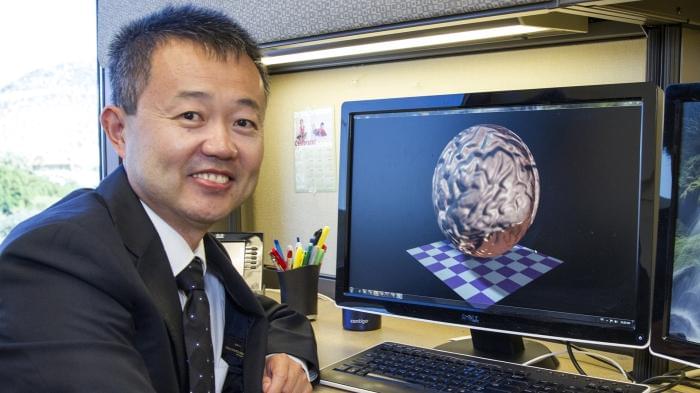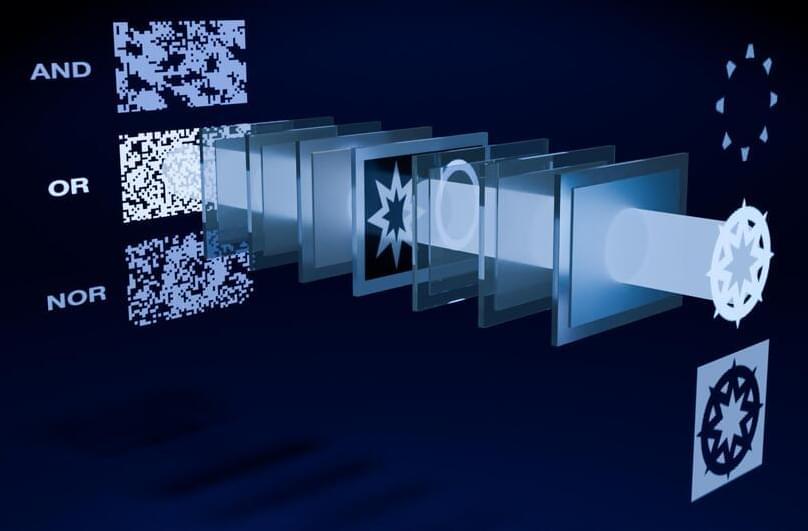https://rdcu.be/dVhCN
Imagine trying to understand the brain’s activity over time—an incredibly complex and dynamic process that happens at different speeds.
To solve this problem, we developed a pipeline called UnitMatch, which operates after spike sorting. Before applying UnitMatch, the user spike sorts each recording independently using their preferred algorithm. UnitMatch then deploys a naive Bayes classifier on the units’ average waveform in each recording and tracks units across recordings, assigning a probability to each match.
We tested UnitMatch on sequences of Neuropixels recordings from multiple regions of the mouse brain and found that it reliably tracked neurons across weeks. Its performance compares well to the concatenated method and to curation by human experts, while being much faster and applicable to longer sequences of recordings.
Because UnitMatch relies only on each unit’s spike waveform, and not on any functional properties, it can be used to test whether these properties change over time. Indeed, while units can maintain firing properties such as inter-spike interval (ISI) distribution10,11,12,19,20,28,29 and sensory, cognitive or motor correlates11,13,14,15,24,28,29,31,38, the stability of these properties cannot be assumed. In fact, it is often the question being investigated6,7,19,21,22,23,25,27,28,38,39,40.









